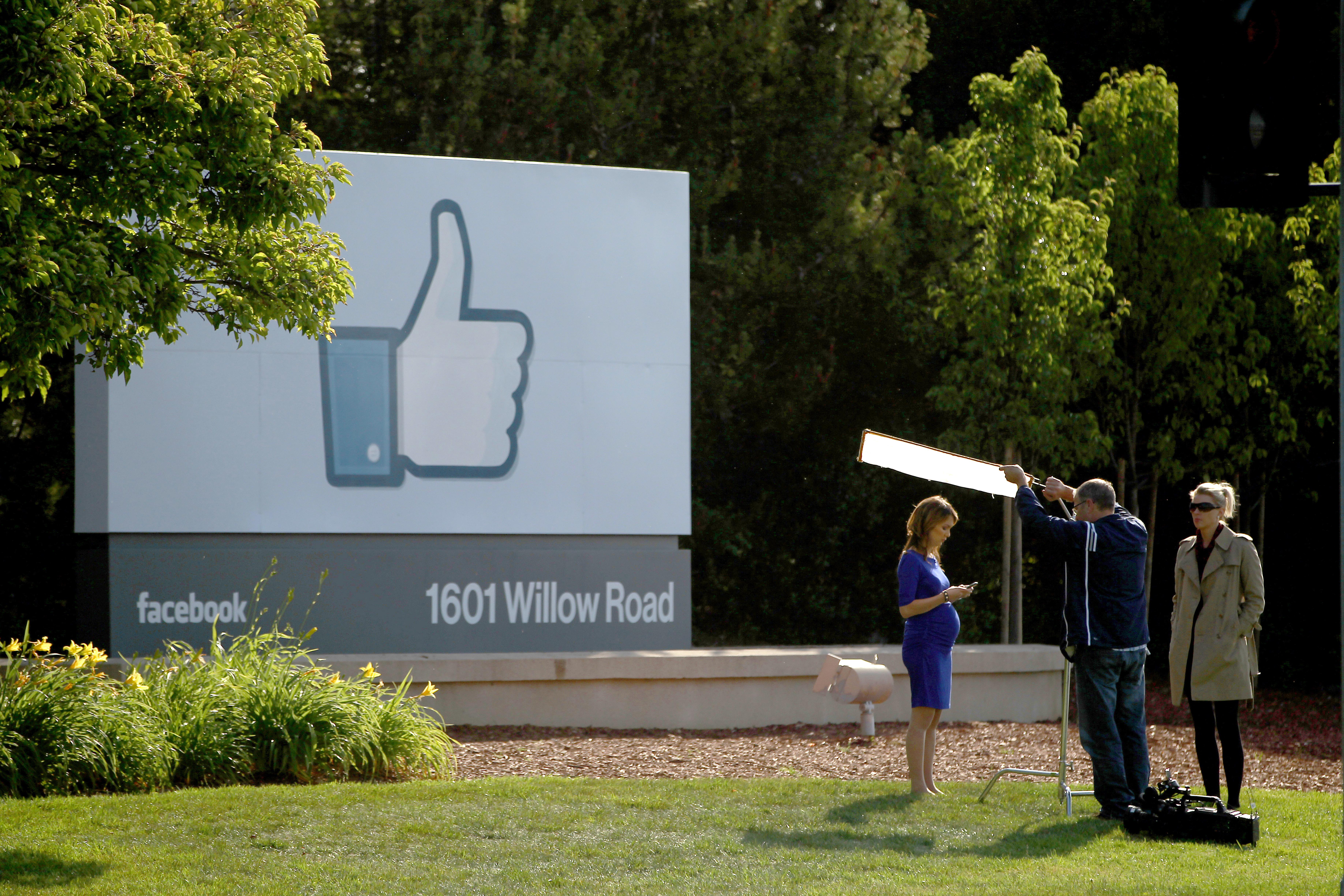A federal appeals court overturned a lower court decision on Wednesday, ruling that clicking the “Like” button on Facebook in support of a political candidate amounts to constitutionally protected speech.
The case was brought by former employees at a Virginia sheriff’s office who said they lost their jobs because they supported their boss’ opponent in the local election and had the cheek to “Like” his campaign page on Facebook.
Here’s a bit more of the back story from the Atlantic:
In November of 2009, B.J. Roberts, the sheriff of Hampton, Virginia, ran for re-election. A group of workers in Roberts’ office, however, among them one Bobby Bland, weren’t enthused about the prospects of their boss’s continuation in his role. So they took to their Facebook accounts to protest the run: They Liked the campaign of Roberts’s opponent, Jim Adams. Despite the minuscule mutiny, however, Roberts won the election. He then chose not to retain Bland and the others as his employees. The dismissals, Roberts said at the time, were the result not only of budgeting concerns, but also of the workers’ hindrance of “the harmony and efficiency of the office.” The sheriff had not liked his workers’ Likes.
The employees filed suit, but a lower court dismissed the claim in 2012, saying that hitting “Like” on Facebook was not substantive enough to warrant constitutional protection. In overturning the ruling, U.S. Circuit Judge William Traxler wrote: “Liking a political candidate’s campaign page communicates the user’s approval of the candidate and supports the campaign by associating the user with it” and “it is the Internet equivalent of displaying a political sign in one’s front yard, which the Supreme Court has held is substantive speech.”
In arguments before the appeals panel in May, Facebook argued that the “Like” feature is vital form of expression on the social network and must have free-speech protection, Bloomberg reports. “We are pleased the court recognized that a Facebook ‘Like’ is protected by the First Amendment,” Facebook associate general counsel, Pankaj Venugopal, said in an emailed statement to Bloomberg.
